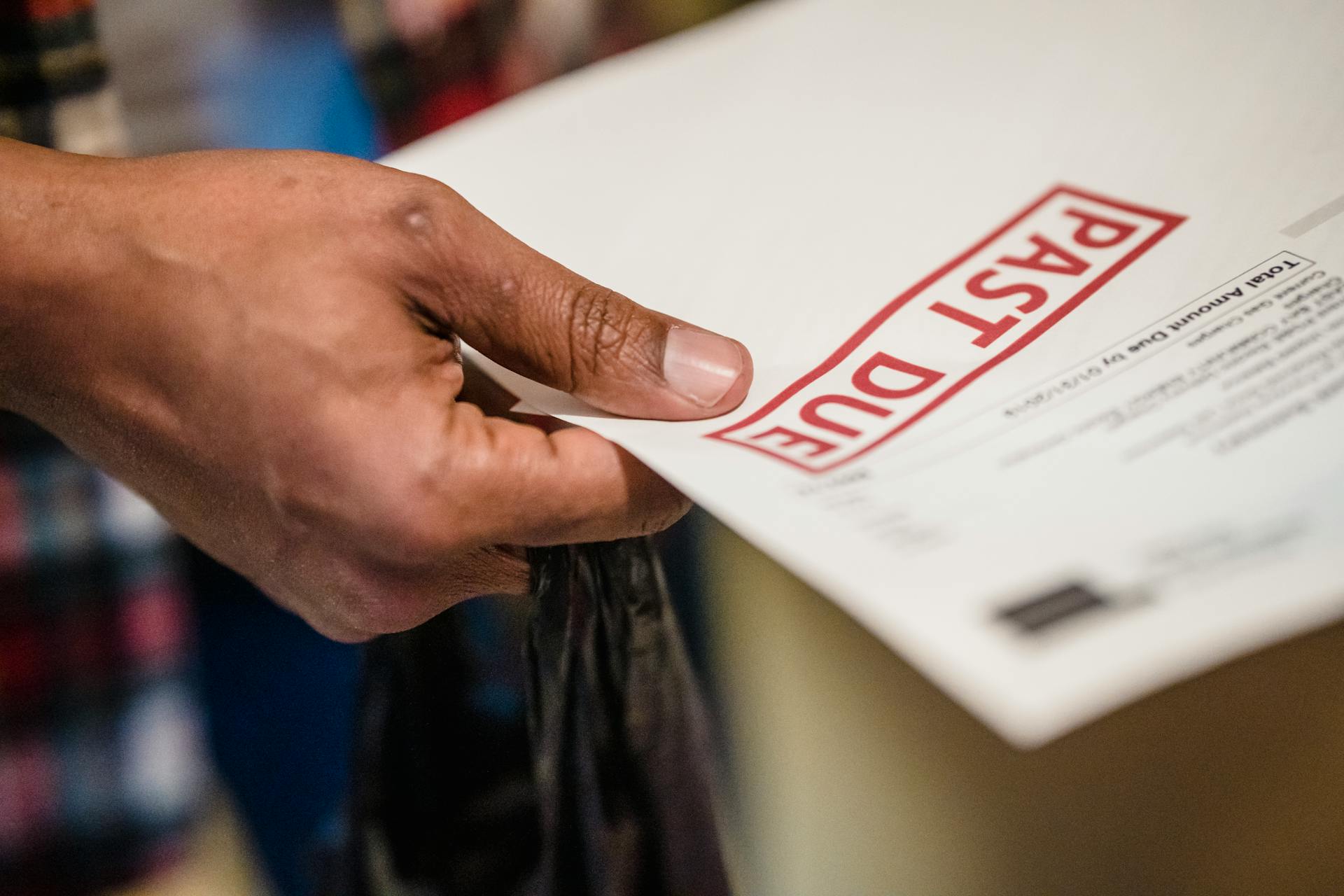For many, being in debt is an incredibly overwhelming and stressful matter. Not only can it feel as though you have the weight of the world on your shoulders, but in some instances, you’ll find that the impact can be direct and immediate. For example, if you are behind on your utility bills, the company may be ready to turn your electricity and gas off. If this reflects your circumstances, you’ll want to keep reading as the following blog explores what you must know about these matters, including the importance of working with a Montgomery County bankruptcy lawyer to help you through this process.
What Is the Automatic Stay, and How Does It Work?
When you make the decision to file for bankruptcy in Montgomery County, it’s important to understand that you are immediately granted an automatic stay. This is a legal protection extended to those filing for bankruptcy that stops the majority of collection efforts immediately.
What the Automatic Stay Stops
- Calls, letters, and any other debt collection attempts
- Lawsuits and most legal actions
- Wage garnishments
- Property repossession
- Foreclosures (temporarily)
What Happens if a Creditor Violates the Automatic Stay?
In the event a creditor violates the automatic stay by attempting to continue collection after you have filed for bankruptcy, the court may impose the following penalties:
- Attorney fees and litigation costs
- Sanctions or fines
- Actual damages
- Punitive damages (in some cases)
Does Bankruptcy Prevent My Utilities From Being Shut Off?
It’s important to understand that, in general, your utilities cannot be shut off simply because you filed for bankruptcy in Pennsylvania or owe past-due amounts. However, there is an important deposit rule that can impact this process.
Utility Shutoff Rule in Bankruptcy
- Utility companies cannot shut off service solely for the fact that you have filed for bankruptcy or have outstanding pre-filing debts
- However, utility companies may require an “adequate assurance of payment.”
- This assurance generally takes the form of a deposit
- Utility companies may request this assurance within 20 days of your filing.
What is “Adequate Assurance”?
Adequate assurance is essentially a request for proof that you will be able to pay your utility bills in the future. In general, this takes the form of a cash deposit or other form of security. You should note that the courts may modify the amount required if it’s disputed.
What Happens To Outstanding Utility Bills During Bankruptcy?
When you file for bankruptcy, how your utilities are handled depends on the kind of bankruptcy you’ve chosen.
Generally, you’ll find that if you qualify for Chapter 7, meaning you’ve passed the means test, your non-exempt assets will be liquidated as a means of repaying your creditors. As such, this process generally only takes around six months to complete. However, you’ll also find that if you do not qualify for Chapter 7 or want to shield your assets, you may choose to file Chapter 13. This process places filers on a three- to five-year repayment plan, in which your assets will not be liquidated, and you will make a payment directly to the trustee, who then disperses it among the creditors.
Chapter 7: What Happens to Utility Bills?
How utility debts are treated during Chapter 7 will depend on when the debts accrued. In general, if they are pre-filing debts:
- They will be treated as unsecured debts
- They are typically discharged (when eligible)
However, if you incurred new utility debts after filing, they are your responsibility to continue paying going forward, and they will not be included with your other debts.
Chapter 13: What Happens to Utility Bills?
Like Chapter 7, utility bills in Chapter 13 will be handled based on when you incurred them. In general, pre-filing debts are generally included in your repayment plan, though they are generally considered non-priority, unsecured debts.
As such, bankruptcy will be based on disposable income and the terms of your plan, while the remaining eligible balance may be discharged at the end of your repayment plan.
Like Chapter 7, any post-filing bills must be paid on time.
Contact Our Blue Bell Bankruptcy Attorneys Today
As you can see, filing for bankruptcy can be beneficial when you are in debt. However, the process can be difficult to navigate, which is why it’s in your best interest to connect with a bankruptcy lawyer with Mudrick & Zucker, P.C. Our team is committed to helping guide you through this process so you can focus on setting yourself up for success after your financial fresh start. Contact us today to learn more.


